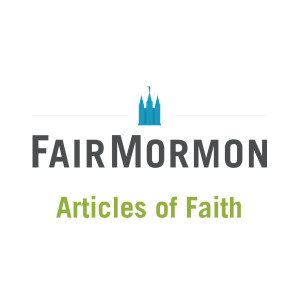A recent article was posted in which a woman struggling with her faith reported a “punch in the gut feeling” because Elder L. Whitney Clayton of the Seventy told BYU grads:
A few of you may have run into some who cease to hold fast to the iron rod wandered off the straight and narrow path, and have become lost. …. We should disconnect immediately and completely from …those who have lost their faith” [Citation as provided, no text omitted] [1]
All is not well
Our first clue that all is not right is the presence of the ellipsis: the three dots that represent omitted material: … [Read more…] about The Ancient Art of Misleading by Selective Citation







